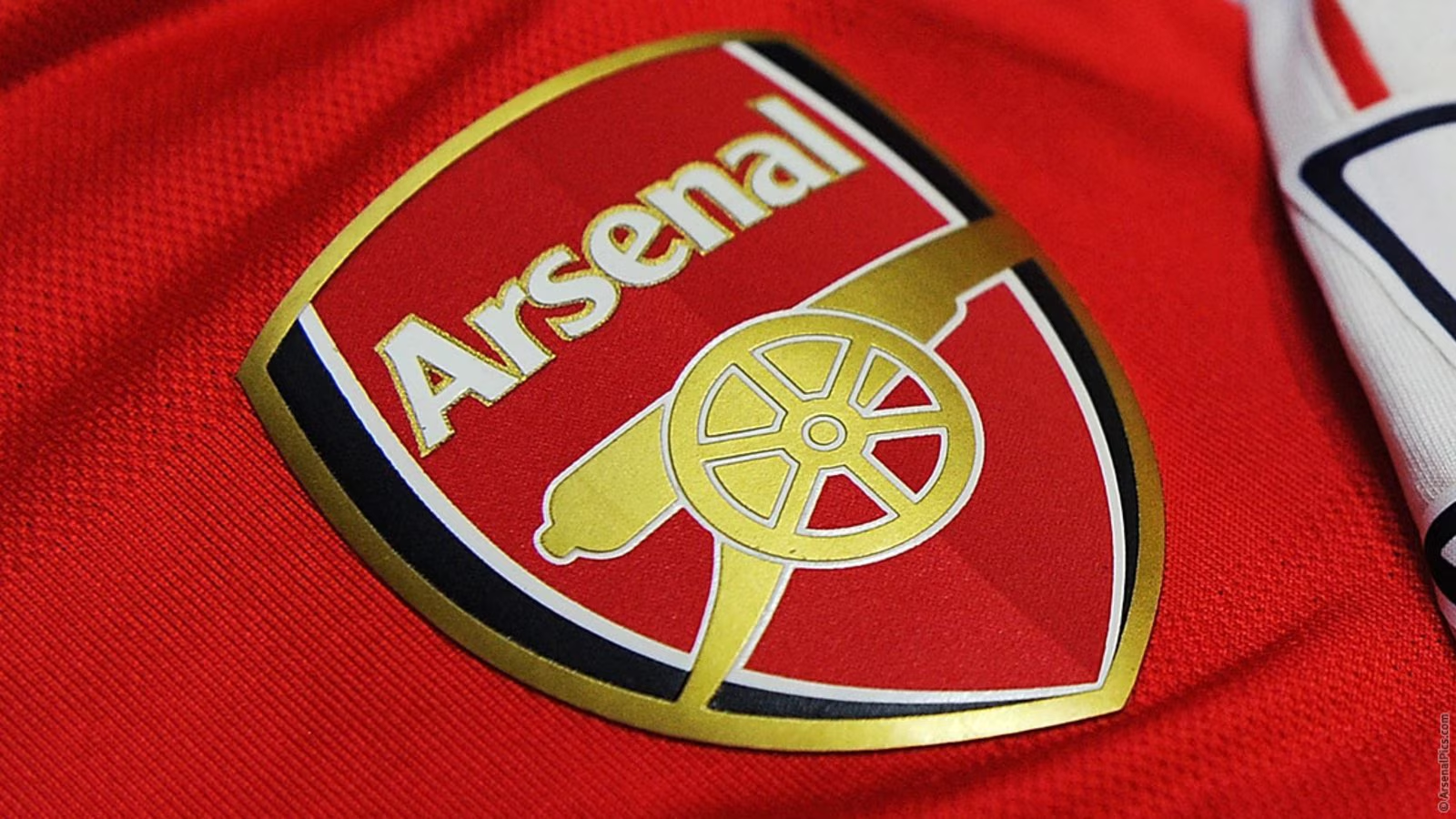When basketball fans around the world debate the merits of different leagues, the NBA (National Basketball Association) often dominates the conversation because of its star power, highlight plays, and global marketing. However, there’s another side of the game that many argue reflects the true essence of basketball: FIBA basketball. Governed by the International Basketball Federation, FIBA represents the sport at its most structured, disciplined, and team-oriented level.
This article dives deep into why FIBA basketball is considered more pure than the NBA, examining rules, playstyle, culture, and philosophy.
Meanwhile if you are on the lookout for a platform to play Tongits Go Download, try GameZone.
1. Rule Differences that Shape the Game
The most obvious contrast between FIBA and NBA basketball lies in the rules, which directly affect how the sport is played and perceived.
Court Size and Dimensions
- FIBA courts are slightly smaller than NBA courts (28m x 15m vs. 28.65m x 15.24m).
- This creates a tighter playing field, encouraging more ball movement, spacing discipline, and quicker decisions.
Three-Point Line
- The FIBA three-point arc is shorter (6.75m) compared to the NBA’s 7.24m.
- This emphasizes a balanced scoring approach instead of relying heavily on deep shooting.
Defensive Rules
- Unlike the NBA, FIBA allows zone defenses without restrictions such as the NBA’s illegal defense rules.
- This promotes team-oriented defense, challenging offenses to break down collective schemes rather than isolate star players.
Game Length and Possessions
- FIBA games are 40 minutes (4 x 10-minute quarters), compared to the NBA’s 48 minutes.
- This places more weight on every possession, creating a sense of urgency and efficiency throughout the game.
2. Team Over Individual Stars
The NBA thrives on superstar-driven narratives. Players like LeBron James, Stephen Curry, and Giannis Antetokounmpo are household names, often overshadowing team systems. FIBA, on the other hand, highlights collective play over individual heroics.
- Passing, ball rotation, and set plays dominate FIBA’s offensive identity.
- Even elite players like Luka Dončić or Nikola Jokić must fit into national team structures, where egos are secondary to teamwork.
- FIBA games showcase fundamentals, execution, and strategy over isolation-heavy basketball.
This reflects the purity of basketball’s original design: five players working in harmony rather than one superstar carrying the load.
3. Physicality and Toughness
FIBA refereeing allows for more physical play compared to the NBA’s stricter foul calls.
- Hand-checking, bumping cutters, and contesting shots are less restricted in FIBA.
- Players must develop mental and physical toughness to withstand physical defenses.
- There’s less reliance on “superstar calls” or free throws, creating a fairer and grittier competition.
This physical style aligns with the roots of basketball as a demanding and competitive sport rather than a show built around whistles and highlight dunks.
4. The Role of Coaches and Strategy
In the NBA, coaches often defer to stars in crunch time. In FIBA, coaches exert greater influence because the game demands structured play.
- Offenses revolve around set plays, off-ball screens, and tactical execution.
- Defensive schemes are more intricate, with zones, traps, and switching systems employed regularly.
- Coaches must make in-game adjustments within shorter quarters and tighter possessions.
This makes the intellectual side of basketball more visible in FIBA games, keeping the sport grounded in strategy rather than showmanship.
5. Global Inclusivity and Representation
FIBA is the ultimate showcase of basketball as a global sport. Teams from all over the world compete under the same rules, giving rise to diverse playstyles and cultural approaches.
- European teams emphasize spacing, passing, and shooting fundamentals.
- Asian teams showcase speed, discipline, and perimeter play.
- African and Latin American squads bring athleticism and passion.
This diversity fosters a universal appreciation for basketball, moving away from the NBA’s U.S.-centric entertainment model. FIBA games truly feel like the basketball of the people.
6. No Overemphasis on Entertainment
The NBA is undeniably entertaining, but at times the league feels more like a business product than a sport. From elaborate halftime shows to constant highlight packages, the game can feel commercialized.
FIBA strips basketball back to its essence:
- Minimal distractions during games.
- Focus on competition rather than spectacle.
- Emphasis on winning for country or club, not for endorsement deals.
This makes FIBA basketball feel more authentic, reminding fans of why the sport was created: to compete and win, not to entertain and sell tickets.
7. Balanced Competition
While the NBA has dynasties and superteams, FIBA competitions often see greater parity. Upsets are common, and underdog nations regularly challenge basketball powerhouses.
- Examples include Argentina defeating the U.S. in 2004, or Germany’s rise to the 2023 FIBA World Cup title.
- The smaller talent gap between nations keeps FIBA tournaments unpredictable and exciting.
This competitive balance reinforces the idea that basketball is a team sport where preparation and discipline can beat raw talent.
8. Cultural and Emotional Connection
For many players, representing their country in FIBA events is a dream beyond the NBA stage. Wearing the national jersey brings pride, sacrifice, and unity that transcends individual gain.
Fans also feel this bond:
- Supporting a national team resonates more deeply than following a franchise.
- Victories carry cultural significance, uniting nations in celebration.
This emotional connection underscores why many see FIBA as basketball in its purest form—played for love of country, not contracts.
Conclusion: Purity Over Profit
The NBA will always hold its place as the premier stage for basketball superstars, where the brightest talents showcase their athleticism, creativity, and marketability to a global audience. Its influence on popular culture is unmatched, and its entertainment-driven model has helped grow the sport’s visibility worldwide. Yet, beneath the glitz and glamour, the NBA often emphasizes spectacle over substance. This is where FIBA distinguishes itself—by holding on to basketball’s foundational values.
In FIBA, the game is stripped down to its essence. The rules encourage passing, discipline, and tactical execution, reminding fans that basketball is not a one-man show but a collective effort. Physicality is embraced rather than penalized, strategy takes precedence over isolation plays, and winning is defined by sacrifice and unity, not endorsement deals. Moreover, the emotional layer of representing one’s country creates a depth of meaning that cannot be replicated by professional franchises. Victories are not just wins for a team but for entire nations, cultures, and communities.
Ultimately, for purists who value authenticity, teamwork, and competitive balance, FIBA stands as the true embodiment of basketball. It offers a purer, more heartfelt version of the game—where the spirit of competition outweighs commercial profit.












